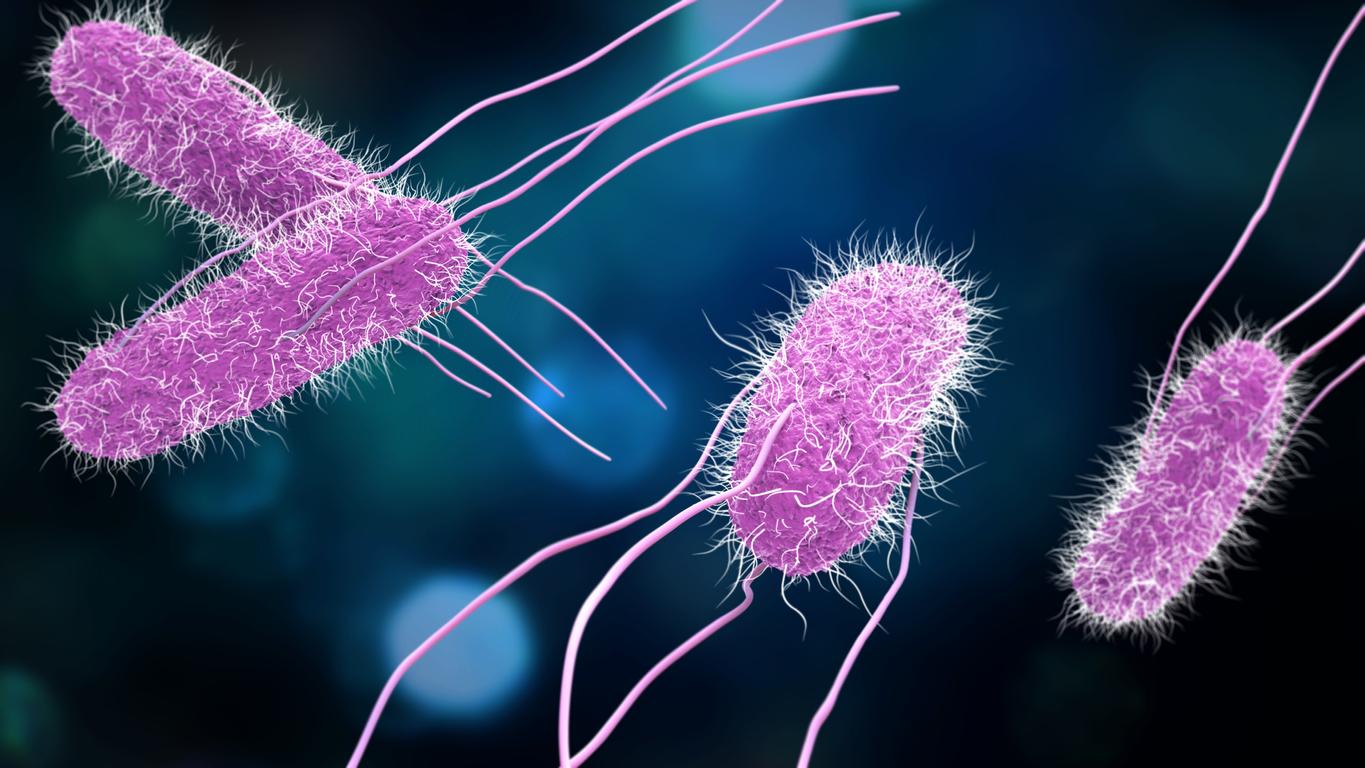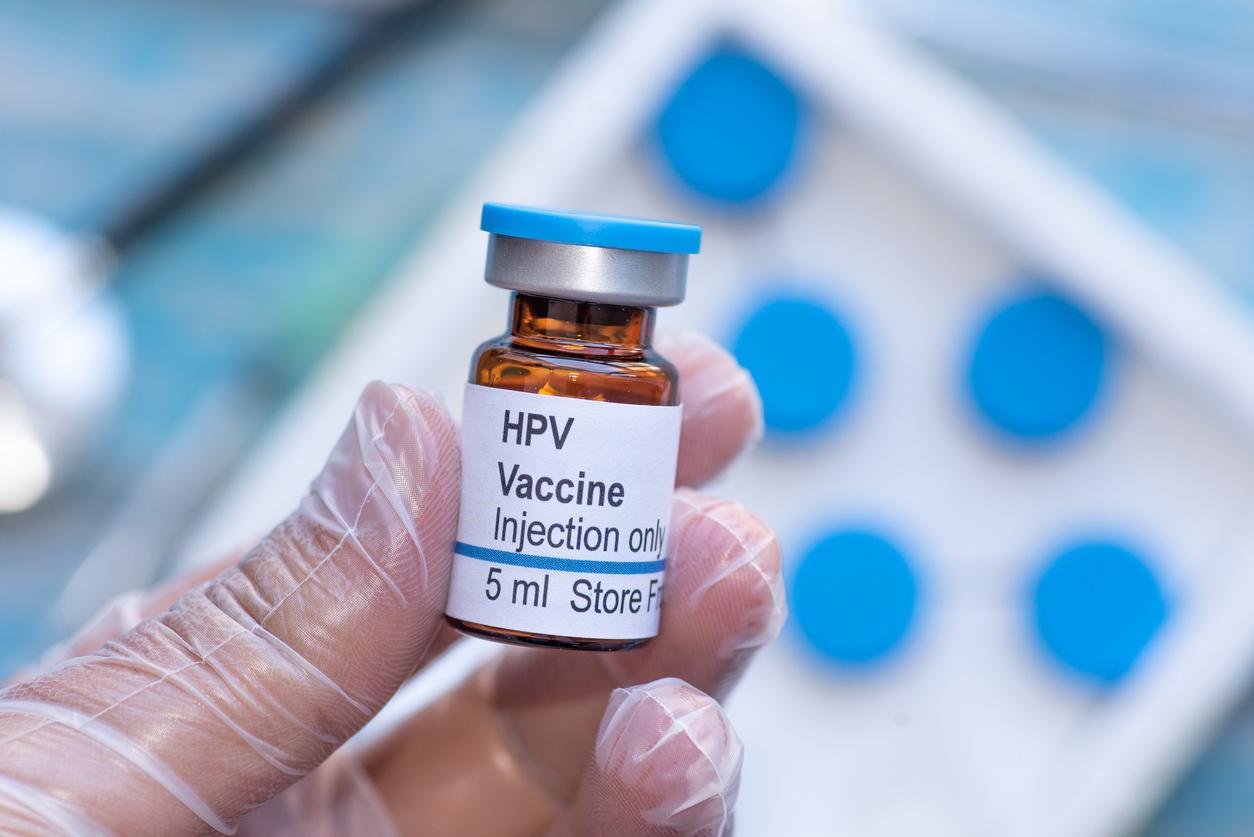Salmonella infections are responsible for one million deaths each year. Researchers have discovered how memory T cells can be recruited to the liver to fight infection.

- Salmonellosis, which causes diarrhoea, fever and abdominal pain, is responsible for one million deaths worldwide each year.
- Researchers have just identified a lead for a new vaccine against this disease.
- This vaccine would be based on the action of CD4 T lymphocytes, memory cells identified in the liver of mice during research.
Salmonella infections are a significant health problem worldwide. Diseases caused by Salmonella bacteria are responsible for more than 1 million deaths each year worldwide. Typhoid fever and non-typhoid Salmonella disease are serious illnesses that can cause diarrhea, vomiting, fever, abdominal pain, and other symptoms.
Researchers at the UC Davis School of Veterinary Medicine have just identified a new lead to lead to a vaccine against salmonellosis.
The role of memory T cells
In previous studies, researchers have shown that memory T cells play a key role in immunity against bacterial infections. These cells are created as a result of an infection and can be called back into action if a similar new infection occurs. This feature makes them particularly useful in fighting recurrent bacterial infections.
As part of their new study, the researchers found that CD4 memory T cells, which are essential for a vaccine that induces a strong immune response, are found in the livers of mice infected with Salmonella. CD4 memory T cells play a key role in the defense against Salmonella. The researchers therefore investigated how these cells are generated.
Inflammation-promoting molecules
The researchers transferred Salmonella-specific CD4 T cells into mice that had never been infected with the bacteria. They found that molecules that promote inflammation, particularly interleukin-1 and interleukin-2, enhanced the formation of Salmonella-specific CD4 tissue-resident memory cells in the mouse liver.
This provides a rapid response force that can act quickly against Salmonella infection. The researchers hope to use these results to design new vaccines against Salmonella and thus improve the immune response against this bacterium.
Future applications
The results of this study should facilitate research to design new vaccines against Salmonella that promote the formation of these cells without causing inflammation of the liver. If the results of this study are confirmed, there could be new approaches for designing vaccines against Salmonella and other bacteria.
















